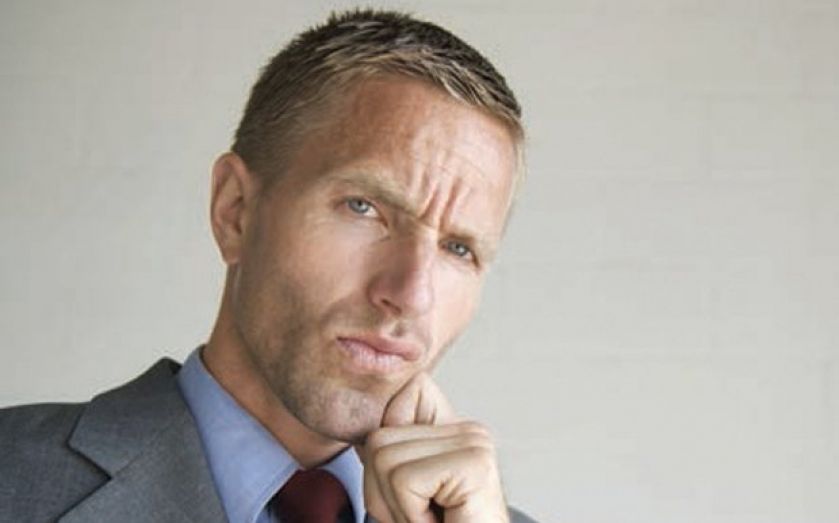| Updated:
Why smart people make bad decisions

A company’s corporate culture can sometimes encourage dangerous herd behaviour.
When asked recently to deliver a keynote speech at the ACORD Forum in Fort Lauderdale, I instantly knew my topic – it’s something that has been puzzling me for years – “Why do smart people make bad decisions?”
I’m not referring to just hiring the wrong person, choosing a bad location, or backing a single failed product – we can all be fallible to some extent. What I’m talking about are the real car crash business decisions, those that bring multinational businesses to the brink of collapse and cost millions, or even billions, of pounds to put right.
A “bad” decision is when the chances of achieving your desired outcome are low or non-existent. This can be due to poor information, planning or execution, and it’s often evident at the time of making the decision that things might not go well. So what’s driving so many people to make these decisions? Why do certain people perceive the business environment in such a different way?
CULTURE
In startups or highly entrepreneurial companies, a singularity of vision and uncompromising drive can be invaluable, as these companies are trying to break the status quo.
But recently, we have seen examples in mature organisations, like some of the big US banks involved in the financial crisis, where over-domineering personalities can prove to be disastrous, overriding any form of challenge or dissent.
CONFORMITY
Who wants to appear “foolish” in front of their peers? Imagine how much harder it is to object to a complicated business decision when everyone around you is acquiescing. Being on the board of a company carries a lot of status, but it’s much easier to stay quiet, go along with others and abrogate your own personal responsibility from the group.
CAPABILITY
Too often we come across boards that are stuffed with senior “smart” people, but who do not have enough experience in the activities for which they are responsible as directors. Tesco and the Co-op Bank have experienced tough trading conditions recently, and commentators are pointing to a dearth of retail and banking experience across the boards of both these high street brands.
COMPLICITY
Chuck Prince, who retired as chief executive of Citigroup in 2007, famously said in July of that year: “when the music stops, in terms of liquidity, things will be complicated. But as long as the music is playing, you’ve got to get up and dance. We’re still dancing.” Sometimes, breaking the status quo will feel like more of a risk than continuing along an unsustainable route.
CAR CRASH
When New Coke launched in 1985, a psychiatrist hired by Coca Cola to listen to the public’s phone complaints told executives that some people sounded as if they were discussing the death of a family member. It only took three months for New Coke to be abandoned and for Coke Classic to be reinstated.
DIVERSITY
This is not a plea for consensus management, or for not taking decisions where the known risk of failure is high. That is what capitalism is all about: risk taking against the backdrop of success and failure.
But businesses could clearly do more to consciously create corporate cultures in which the most important decisions are appropriately challenged – by both experts and a more diverse set of people, who see the world through a different lens.
Max Pell is managing director at Xchanging UK Insurance Services.
A calmer work experience
£1.99
There are plenty of apps out there that claim to help give you a peaceful or productive boost through music. Brainwave helps you to feel relaxed, confident or focused by playing pre-loaded relaxing noises, or your own music, with binaural acoustics – sounds that are created by putting together two different tones.